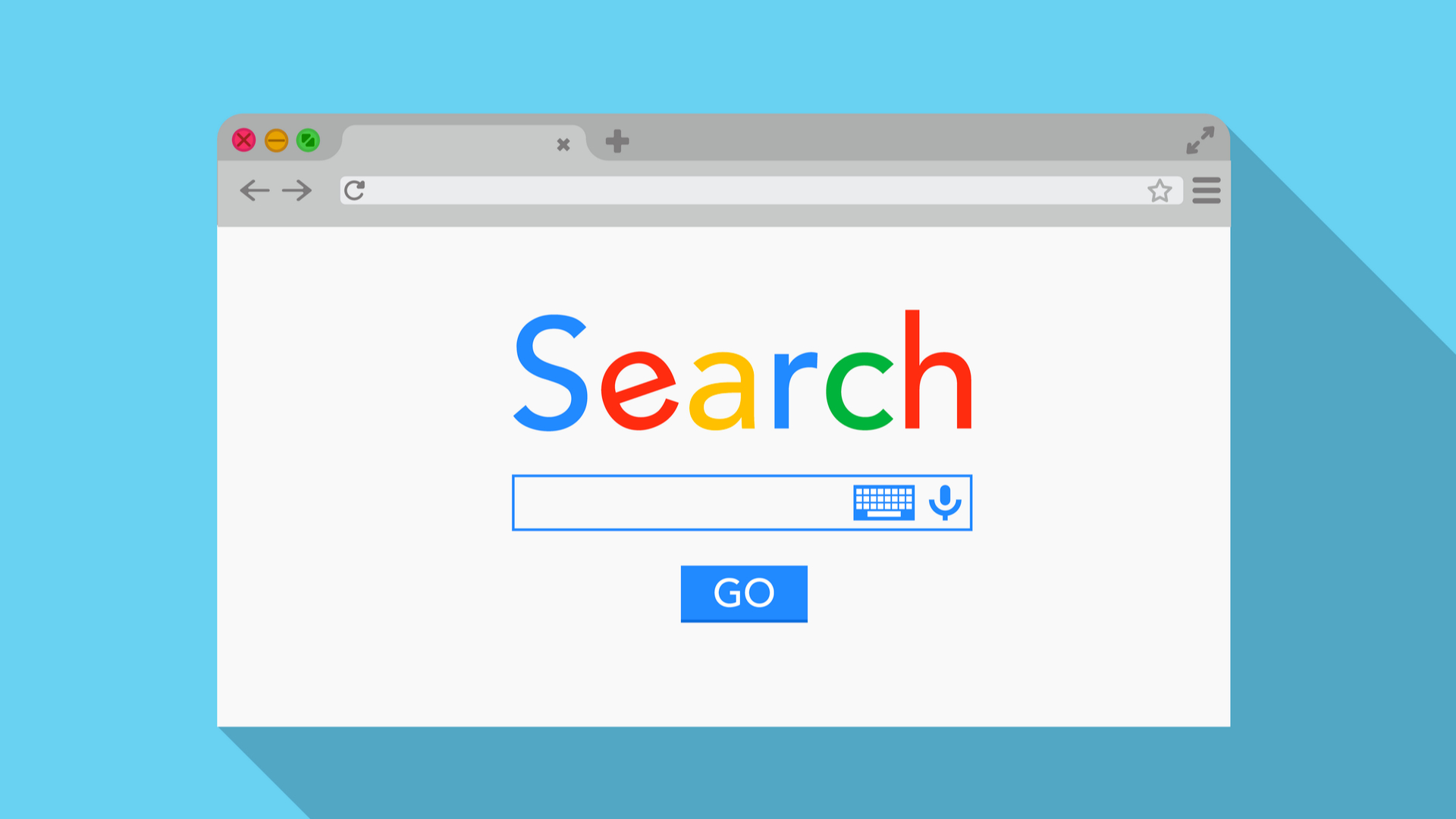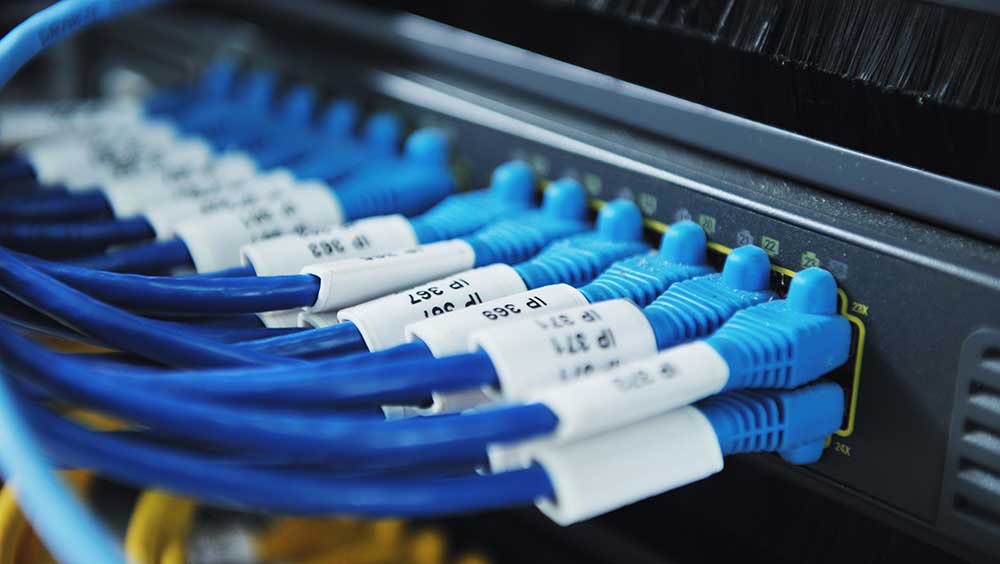SEO: 5 hosting factors that can affect your website
We outline how your SEO efforts can receive a huge boost by fixing five common web hosting issues


When creating a website with the best website builder, and choosing the best web hosting services, it's worth remembering that most of your site's traffic will come from searches via engines such as Google, and SEO is a term grouping together the steps you can take to improve your rankings.
Once your site appears above competitor sites on search engines for the terms relating to products and services your business supplies, you can dominate your market. As a result, website owners spend huge amounts of money and time undertaking SEO work on and research for their sites.
This can include optimising existing pages to make it easier for search engines to read, creating relevant and expert content, and increasing the inbound links to your site from other authoritative websites.
All of these elements make a site more likely to answer a question posed by a search engine user, and in turn mean your website will place higher in a given search engine's results. It's thought by most SEO specialists that Google alone considers over 200 factors in deciding which sites to display for a given search query.
One of these is the web host used to host your site, and here, we discuss five ways in which a poor choice of host, without taking into account the hosting services available, can have a negative effect on your search engine rankings.
1. Slow website speed

If you choose a cheap web hosting company, then your website may load slowly for visitors. Apart from making for poor customer experiences, a slow site will be penalised by search engines, making your rankings in results drop. Google has specified that the time a website takes to load is an important factor it takes into account when deciding the order it lists sites on search engine results.
A good web host will have excellent networking infrastructure, and won’t host too many sites on the same servers, helping to keep your website running fast. You also need to consider ways you can optimise your pages so they load as quickly as possible.
Get the ITPro daily newsletter
Sign up today and you will receive a free copy of our Future Focus 2025 report - the leading guidance on AI, cybersecurity and other IT challenges as per 700+ senior executives
This includes removing redundant scripts, compressing images, and stripping out third-party widgets you don’t use. Google Webmaster Tools can be used to diagnose and address the cause of website speed issues.
2. Website downtimes
Worse than a site that loads slowly is a site that doesn’t load at all. When yours is unavailable, it makes for a terrible customer experience, and your potential buyers will simply go to your competitors.
If your website goes offline because of issues caused by the web host, you can be sure that search engines will take note. If your site is frequently unavailable, Google will flag it as unreliable, and therefore unlikely to offer the excellent customer experience they try to promote. Your site will drop down the search engine rankings.
If your website goes offline for an extended period, it will be dropped from search engine results completely. When shopping around for a web hosting provider, note companies that guarantee a certain uptime percentage. The best web hosts will guarantee your website will be up 99.99% or even 100% of the time.
3. Database connection failures

If you’ve ever seen an "Internal Server Error" or "Database Connection Failed" message when you have tried to visit a website, this means the site is having problems accessing the files needed to display content to you. It could be a configuration error, but often it’s caused by a database being concurrently accessed by too many people.
This can happen when an article or video has gone viral on social media and thousands of people are trying to view it at the same time. Good hosting has safeguards to make sure servers don’t get overloaded. Files are cached on alternative servers, and popular pages can be offloaded so that the number of connections to the database is reduced.
Upgrading to a virtual private server (VPS) or dedicated server is another way to increase reliability and durability. With a VPS, your website is allocated a set share of the web server’s resources, so if another website on the server experiences a rapid boost in traffic, you won’t be affected. If you use a dedicated server, you’ll have the entire server to yourself.
4. Using shared hosting services with spammers
If you use shared hosting, it means your website will be on the same server as hundreds or thousands of other websites. If any of these other websites are run by spammers, scammers, or other nefarious types, the IP address may be flagged as malicious. Your website’s search engine rankings could drop like a rock if it’s considered to be in a bad neighborhood.
A good web hosting company will immediately kick spammers from their servers, minimising the chance of this happening. If you’d like to check which websites you’re sharing an IP address with, you can use a reverse IP lookup service.
5. Incorrect TLD

Top-level domains (TLDs) are the parts of the domain that come after the dot (e.g. .com, .net, .org.) Though there have been attempts to popularise other TLDs like .co, most people still expect your website to have a .com TLD. Using other TLDs makes your website harder to remember, and can cause a loss of traffic.
TLDs do affect Google search engine rankings, but not by too much. The TLD of a site is just one of the hundreds of ranking factors Google uses to rank websites, but using a .com TLD will help your SEO efforts because your website’s name is more memorable, making it easier for people to share with others.
If you are targeting a specific country, using a geographic suffix such as .co.uk is a reasonable alternative to .com, as Google will boost your site in local results.
Conclusion
Performing good SEO is of utmost importance to the success of an online business, but don’t overlook the effect web hosting has on your search engine rankings. A site that loads slowly, has frequent downtimes, or shares hosting services with known spammers will certainly appear lower in search engine results than it could do.
Consider this when choosing web hosting services for your website. Allocate more of your budget to hosting, so that your SEO efforts are not compromised by poor infrastructure.
Further reading on website builders and web hosting
Learn how to choose a domain name for your website, and why domain privacy is important, and what it means for your business. It's also worth looking into the best anonymous hosting solutions to protect your privacy.
Check out our guides to the best unlimited web hosting, and the best VPS hosting. If you’re still unclear about why you need hosting, you can find out more in our article asking what is web hosting?
Will was previously US and Ecommerce Editor at IT Pro, and before that B2B editor for ecommerce with a particular focus on IT Pro Portal, alongside responsibilities on Tom's Guide and TechRadar Pro for certain verticals.
Having been a sub editor, associate editor, and deputy editor at a global B2B publication, and editor of a B2B membership journal, he has over 12 years of editorial experience in the sector, spanning online content and magazine production. In his spare time, he writes film and video game reviews.
-
 Cleo attack victim list grows as Hertz confirms customer data stolen
Cleo attack victim list grows as Hertz confirms customer data stolenNews Hertz has confirmed it suffered a data breach as a result of the Cleo zero-day vulnerability in late 2024, with the car rental giant warning that customer data was stolen.
By Ross Kelly
-
 Lateral moves in tech: Why leaders should support employee mobility
Lateral moves in tech: Why leaders should support employee mobilityIn-depth Encouraging staff to switch roles can have long-term benefits for skills in the tech sector
By Keri Allan